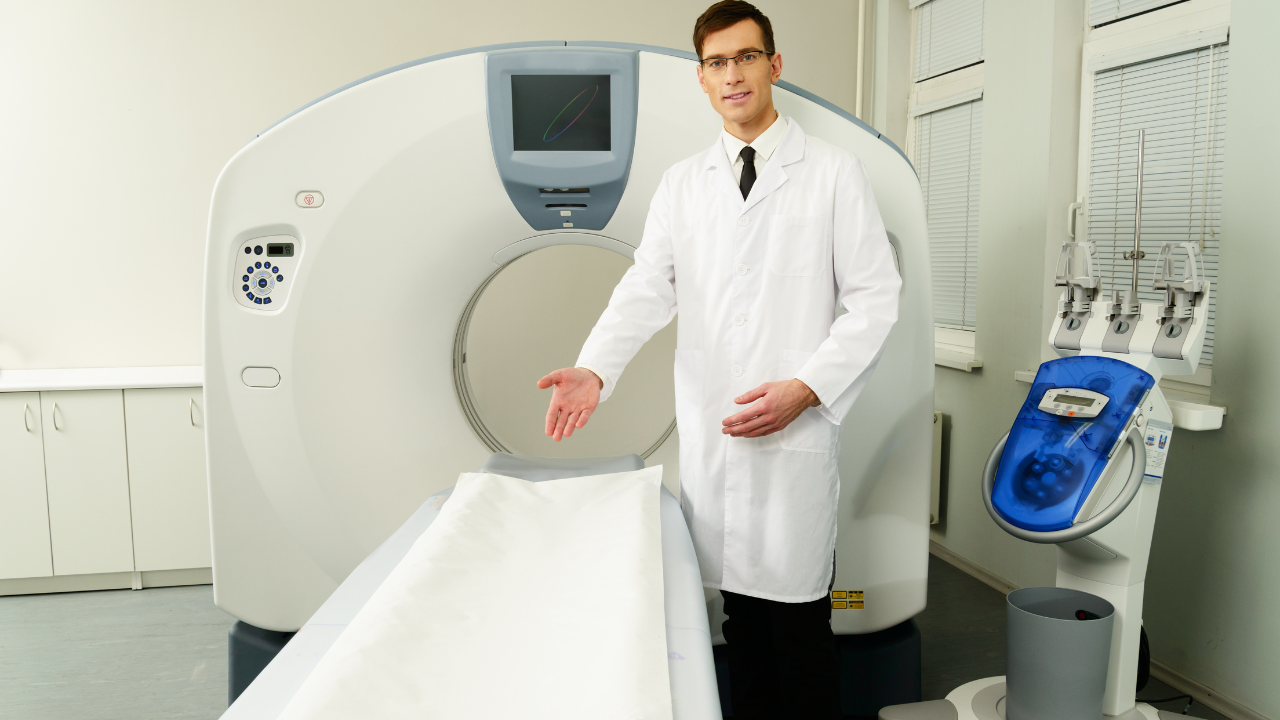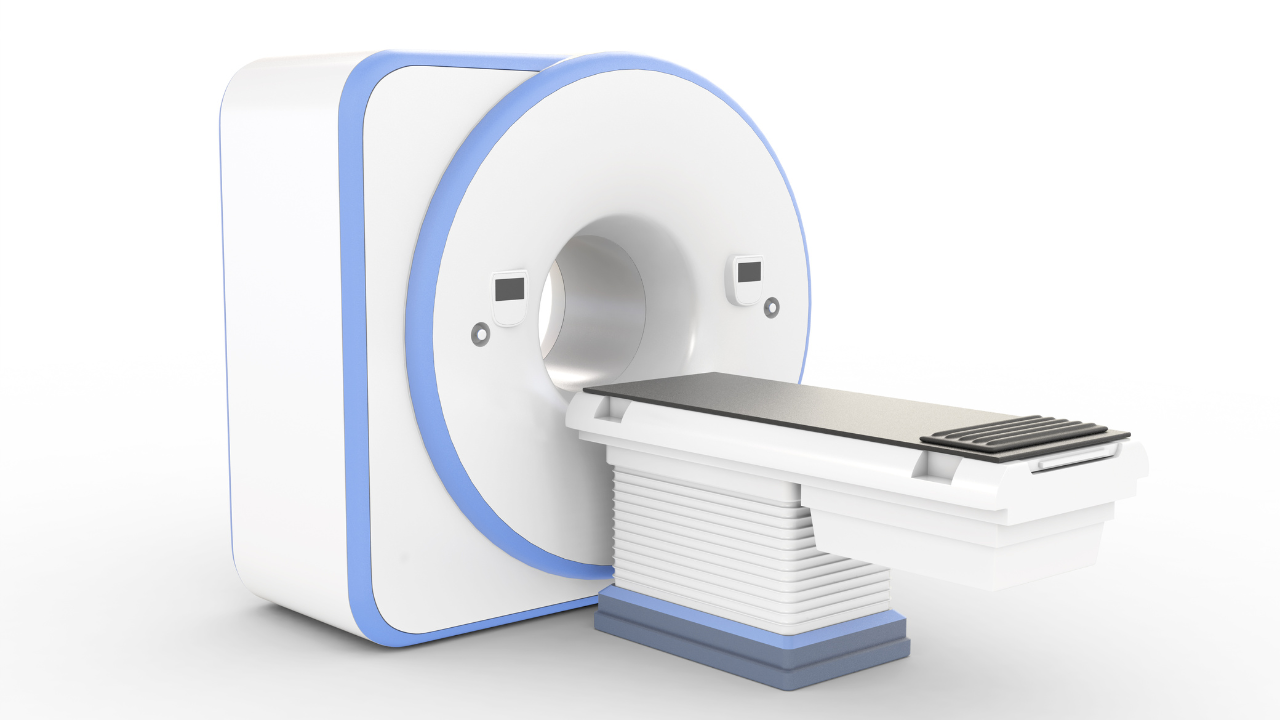Blog and News

To safeguard your bone health as a postmenopausal woman, you should focus on maintaining adequate calcium and vitamin D levels. Aim for a daily calcium intake of 1,200 mg and ensure sufficient vitamin D to enhance calcium absorption, either through diet, supplements, or sun exposure. Regular weight-bearing and resistance exercises are crucial to boost bone density and prevent fractures. Consider discussing hormone replacement therapy(HRT) or bisphosphonates with your healthcare provider to manage bone density loss effectively. These strategies, combined with a balanced diet and lifestyle adjustments, can significantly prolong your bone health. Explore further to enhance your understanding and apply these practices effectively.
Listen to the Article
Key Takeaways
- Ensure a daily intake of 1,200 mg of calcium and adequate levels of vitamin D for optimal absorption.
- Participate in regular weight-bearing and resistance exercises to strengthen bones and reduce fracture risk.
- Consider Hormone Replacement Therapy (HRT) after consulting with healthcare providers to maintain bone density.
- Take bisphosphonates as prescribed to inhibit bone resorption and enhance bone mass.
- Have periodic bone density tests and monitor vitamin D and calcium levels through blood tests.
Understanding Bone Density Changes
As you age, your bones naturally lose density, a process that accelerates after menopause due to decreased estrogen levels. This loss of bone density, scientifically known as osteoporosis, significantly increases your risk of fractures. Understanding these changes is crucial for taking proactive steps towards maintaining your bone health.
Bone is a living tissue, continually being broken down and rebuilt in a process called bone remodeling. During your younger years, bone formation outpaces bone loss. However, as you move past menopause, this balance shifts. The cells responsible for bone resorption(osteoclasts) become more active, and those for bone formation (osteoblasts) lose efficiency, leading to a net loss in bone mass.
This imbalance isn't merely a natural consequence of aging but is exacerbated by the sharp decline in estrogen, a hormone that plays a key role in regulating bone density. Estrogen helps to inhibit bone breakdown and supports calcium absorption, a critical component of bone health.
It's essential to recognize the factors that can influence this process further, such as genetic predisposition, lifestyle choices, and nutritional status. By understanding these dynamics, you're better equipped to adopt strategies that can mitigate bone density loss, thus serving your long-term health and mobility.
Importance of Calcium and Vitamin D
You need adequate calcium and vitamin D to maintain your postmenopausal bone health. Daily calcium requirements vary, but generally, you should aim for about 1,200 mg per day.
Reliable sources of vitamin D include sunlight exposure, fortified foods, and supplements, which are vital for calcium absorption and bone density maintenance.
Daily Calcium Requirements
Throughout postmenopause, maintaining daily calcium and vitamin D intake is crucial for preserving bone density and preventing osteoporosis. You should know that the recommended daily calcium intake for women aged 51 and older is 1,200 mg. This specific amount supports bone health without exceeding safe upper limits, which could lead to adverse effects such as kidney stones.
It's also vital to recognize that your body's ability to absorb calcium declines with age. Therefore, ensuring adequate intake becomes even more critical. Consider incorporating calcium-rich foods into your diet or discussing calcium supplements with your healthcare provider if your dietary intake falls short. This proactive approach can significantly contribute to the longevity of your bone health and overall well-being.
Vitamin D Sources
While maintaining calcium intake is key for bone health, it's equally important to ensure adequate vitamin D levels, as it enhances calcium absorption. You can bolster your vitamin D through both sunlight exposure and dietary sources. Aim for about 10-30 minutes of midday sun several times a week, depending on your skin's sensitivity and geographic location, as sunlight triggers vitamin D synthesis in the skin.
Dietarily, incorporate vitamin D-rich foods like fatty fish (salmon, mackerel, sardines), fortified foods (milk, cereal, and orange juice), and egg yolks. For those with dietary restrictions or limited sun exposure, consider a vitamin D supplement, but first consult with your healthcare provider to tailor the dosage to your specific needs and conditions.
Benefits of Regular Exercise
As you age, regular exercise becomes a cornerstone in maintaining bone health, especially after menopause. Studies have shown that engaging in weight-bearing activities can significantly boost your bone density, thus lowering your risk of fractures.
Additionally, improved muscle strength from consistent physical exercise enhances your balance and reduces your likelihood of falls.
Exercise Boosts Bone Density
Regular exercise significantly enhances bone density in postmenopausal women, reducing the risk of osteoporosis and fractures. Engaging in activities such as weight-bearing exercises and strength training can trigger bone remodeling —a process vital for maintaining bone health.
This occurs because your bones adapt to the load under which they're placed. When you exercise regularly, you're essentially informing your bones that they need to be strong to manage these activities.
Scientific studies underscore that women who incorporate regular physical activity into their routine exhibit higher bone density levels compared to those who lead sedentary lives. You're not just working out for your current health; you're investing in your body's future resilience against age-related bone loss.
Reducing Fall Risk
In addition to enhancing bone density, engaging in regular exercise significantly reduces your risk of falls by improving balance and muscle strength. Studies show that activities like Tai Chi, which emphasize slow, controlled movements, greatly augment your stability. This form of exercise meticulously trains your body to maintain posture and alignment, crucial in preventing slips and trips.
Importantly, regular engagement in such activities leads to better proprioception- your body's ability to sense movement, action, and location. It's not merely about building strength; it's about enhancing the coordination between your muscles and your brain. By dedicating time to this practice, you're not only investing in your physical health but also in preventing potential injuries that can be detrimental to your overall well-being and ability to serve others effectively.
Enhancing Muscle Strength
Building muscle strength through regular exercise not only enhances your physical capacity but also significantly contributes to bone health in postmenopausal women. Engaging in resistance training, such as lifting weights or using resistance bands, can help you build muscle mass, which, in turn, places beneficial stress on your bones.
This stress stimulates bone remodeling, a process critical for maintaining bone density. Furthermore, stronger muscles improve balance and coordination, reducing your risk of falls, a common concern that can lead to severe bone injuries.
Hormone Replacement Therapy Options
Exploring hormone replacement therapy (HRT) options can significantly impact your bone health as you navigate postmenopause. As estrogen levels drop, your risk for osteoporosis increases, making it crucial to understand the potential benefits and risks associated with HRT.
- Estrogen Therapy (ET): Solely using estrogen is a common approach, particularly for women who've had a hysterectomy. ET can help maintain bone density and reduce the risk of fractures.
- Combined Hormone Therapy (CHT): For women who still have a uterus, combining estrogen with progesterone protects against endometrial cancer while aiding bone health.
- Localized Estrogen Treatment: This involves using estrogen directly at sites like the vaginal area, which can help with local symptoms without significantly affecting your overall hormone levels.
- Bioidentical Hormones: These are chemically identical to those your body produces naturally and can be tailored to your specific hormonal needs, though discussions about their long-term safety and efficacy continue.
It's vital to consult with a healthcare provider to tailor HRT to your health profile and bone density status. They can guide you through the benefits, potential risks, and monitoring strategies to ensure that you're making the best decision for your long-term health and service to others.
Using Bisphosphonates Effectively
You should consider bisphosphonates as a powerful option for enhancing bone density and preventing fractures in postmenopausal women. These medications work by inhibiting osteoclasts, the cells responsible for bone breakdown. As a result, they help to maintain or increase bone density and reduce the risk of fractures, particularly in the hip and spine, areas most susceptible to breaks in postmenopausal women.
When using bisphosphonates, it's crucial to follow prescribed guidelines to maximize their effectiveness and minimize potential side effects. Typically, you'll take these medications orally, once a week or monthly, or through intravenous infusions, which might be less frequent. Adherence to the schedule is key, as irregular intake can diminish the benefits and may even pose risks to your bone health.
Moreover, to optimize the outcomes, it's essential to monitor your bone density through periodic scans as recommended by your healthcare provider. This monitoring helps in assessing the effectiveness of the therapy and adjusting dosages if necessary. It's also important to discuss any concerns about side effects with your doctor, as they can provide strategies to manage them and ensure continued protection of your bone health.
Dietary Adjustments for Stronger Bones
While bisphosphonates effectively improve bone density, incorporating specific dietary adjustments can further strengthen your bones. As you navigate through postmenopause, paying close attention to your diet is essential for maintaining bone health. Various nutrients play critical roles in bone density and overall skeletal strength.
Here are key dietary adjustments to consider:
- Increase Calcium Intake: Aim for at least 1,200 mg of calcium per day, primarily through dairy products like milk, yogurt, and cheese, or plant-based sources such as kale and almonds.
- Boost Vitamin D Levels: Vitamin D enhances calcium absorption. Natural sunlight exposure, fortified foods, or supplements can help maintain adequate levels, generally recommended at 800 to 1,000 IU daily.
- Magnesium-Rich Foods: Magnesium contributes to bone health by converting vitamin D into its active form. Include more green leafy vegetables, nuts, seeds, and whole grains in your diet.
- Protein Optimization: Adequate protein intake is crucial for bone health. Ensure you're consuming a balanced amount of protein, focusing on lean meats, fish, legumes, and dairy products.
Menopause Timing and Bone Health
The timing of menopause significantly influences your bone density and overall skeletal health. Entering menopause before the age of 45 is associated with a higher risk of osteoporosis and fractures. This is because estrogen, a hormone that declines sharply during menopause, plays a crucial role in maintaining bone density. With early menopause, your exposure to estrogen is shortened, accelerating bone density loss.
Research indicates that each year delay in menopause onset can result in approximately a 1% increase in bone density at certain sites. Therefore, understanding and potentially influencing the timing of menopause can be a critical strategy in preserving bone health. Lifestyle factors such as smoking cessation and maintaining a healthy weight have been shown to delay the onset of menopause, providing your bones the benefit of prolonged estrogen exposure.
To mitigate risks associated with early menopause, it's imperative to adopt bone-strengthening practices as early as possible. Incorporating weight-bearing exercises, ensuring adequate calcium and vitamin D intake, and avoiding smoking can all contribute to healthier bones. By taking these proactive steps, you're not only looking after your bone health but also enhancing your overall well-being in your postmenopausal years.
Regular Health Screenings and Support
Regular health screenings play a pivotal role in monitoring and managing bone health during your postmenopausal years. As you navigate this phase, understanding the tests and support systems available is crucial for maintaining your wellbeing. By staying proactive with these screenings, you're not only protecting your bone density but also catching potential issues early, which is key in preventing complications such as fractures or osteoporosis.
Here are essential screenings and supports to consider:
- Bone Density Test (DXA Scan): Measures the mineral content and density of your bones, identifying risks of osteoporosis and fractures.
- Blood Tests for Vitamin D and Calcium Levels: These are vital nutrients for bone health. Deficiencies can lead to bone deterioration, so it's important to monitor these levels regularly.
- Hormone Level Assessments: Evaluating estrogen and other hormone levels can provide insights into your bone density risks.
- Regular Physical Exams: These help track changes in your body that could indicate bone health issues, and also discuss pain or mobility issues.
Incorporate these into your healthcare routine to effectively manage and improve your bone health. Remember, your proactive measures today can greatly influence your quality of life in the future.
Frequently Asked Questions
How Does Sleep Quality Impact Postmenopausal Bone Health?
Poor sleep quality can weaken your bones by disrupting hormone balances crucial for bone health. Ensuring consistent, restorative sleep is key to maintaining strong bones and preventing osteoporosis as you age.
Can Emotional Stress Affect Bone Density in Postmenopausal Women?
Yes, emotional stress can indeed weaken your bones. Managing stress through techniques like mindfulness or therapy can significantly bolster bone density, aiding in your noble quest to support others with strong, healthy bones.
Are There Herbal Remedies That Support Bone Health in Postmenopause?
Yes, certain herbal remedies like red clover and black cohosh may support your bone health. However, you should consult a healthcare provider to ensure they're appropriate and effective for your specific situation.
How Does Body Weight Influence Bone Health After Menopause?
Navigating the tightrope of body weight post-menopause, you'll find that maintaining a healthy weight supports your skeletal framework. Excess pounds strain bones, while insufficient mass can weaken them, increasing fracture risk.
Can Smoking Cessation Improve Bone Health in Postmenopausal Women?
Yes, quitting smoking can significantly improve your bone health. Smoking cessation reduces bone loss and fracture risk, enhancing your overall skeletal strength. It's a key step in protecting your bones as you age.
Services
Contact Details
Address: 1971 Gowdey Road,
Naperville, IL 60563
Phone: 630-416-1300
Fax:
630-416-1511
Email: info@foxvalleyimaging.com
© Copyright 2023 Fox Valley Imaging, Inc..






